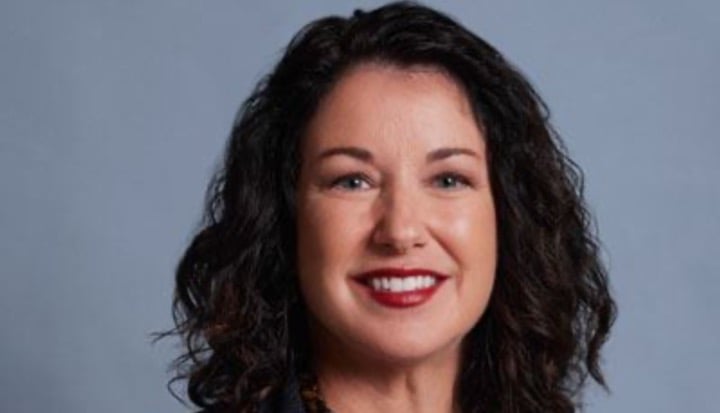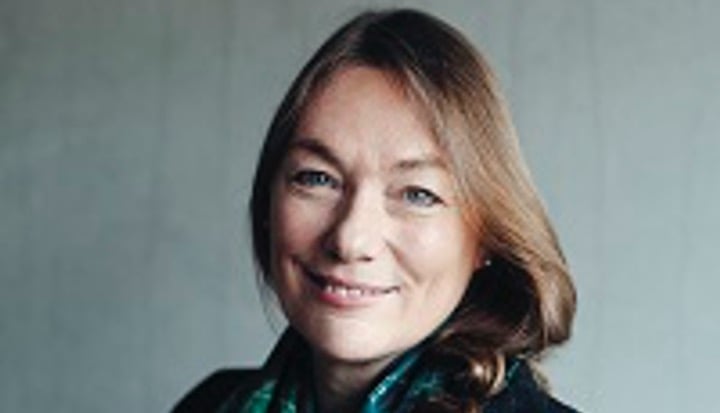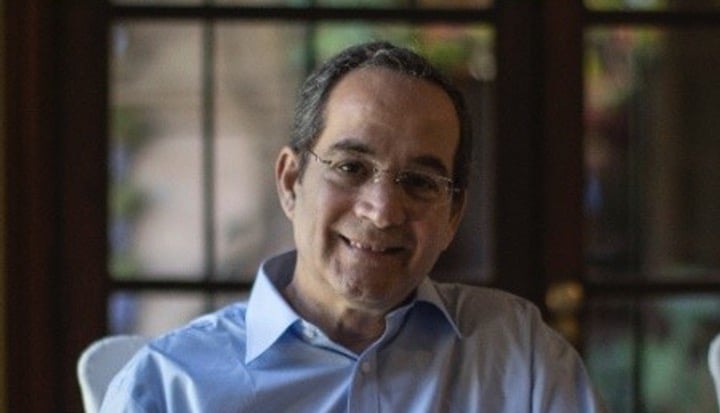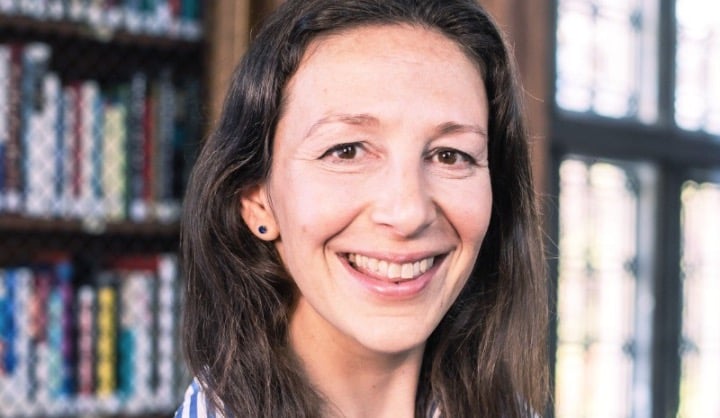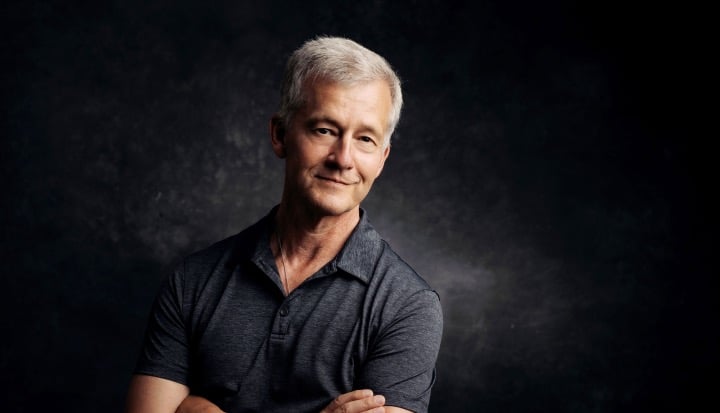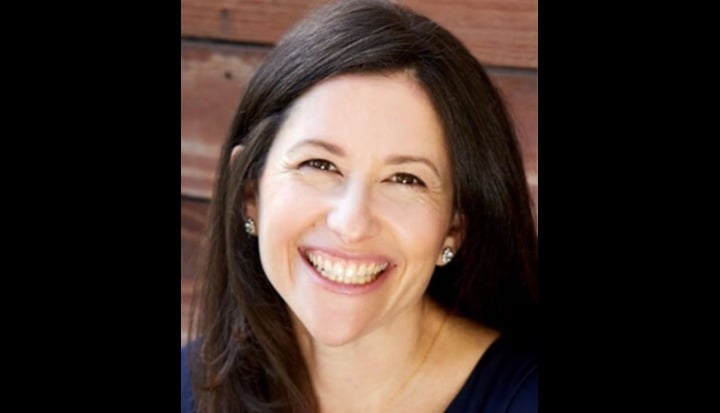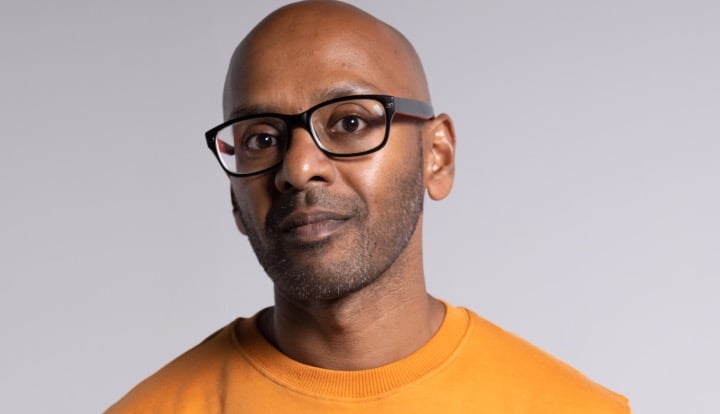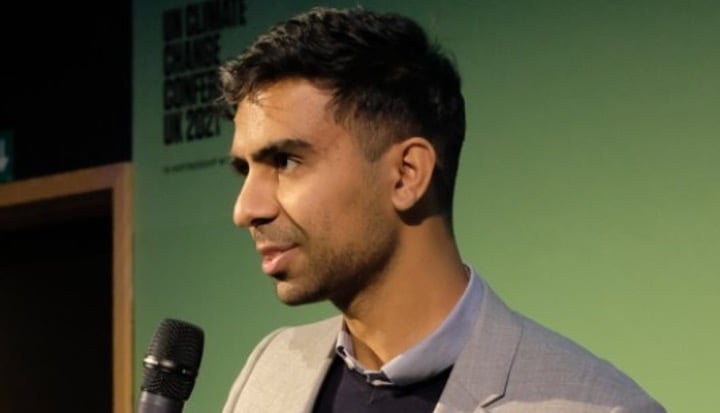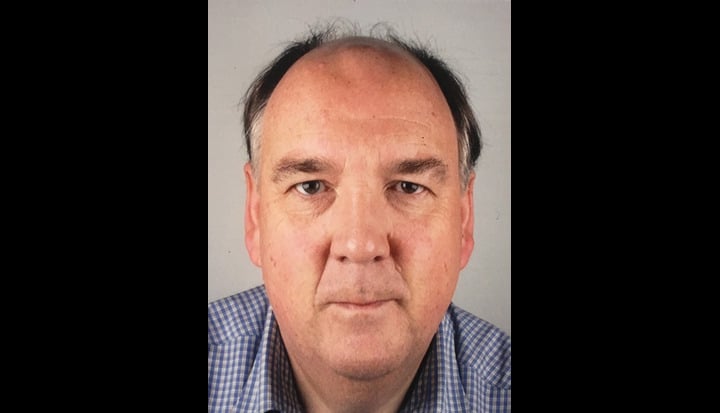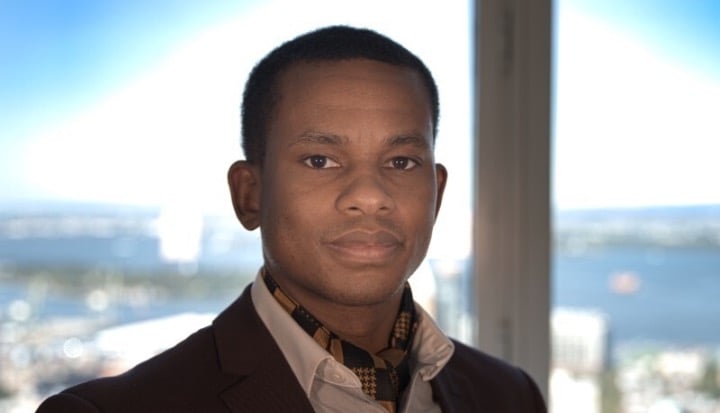BFP: What do you do?
 WW: I am the Head of Strategic Development for Cafédirect. In this position I am responsible for the strategic direction of the company and its positioning as a sustainability leader and pioneer in demonstrating long-term business value through incorporating environmental, economic, social and ethical perspectives into its business model.
WW: I am the Head of Strategic Development for Cafédirect. In this position I am responsible for the strategic direction of the company and its positioning as a sustainability leader and pioneer in demonstrating long-term business value through incorporating environmental, economic, social and ethical perspectives into its business model.
I am leading the successful implementation of existing and the launch of new innovative interventions, which also implies bringing about and embedding change in accordance with the Cafédirect culture and values.
As member of the Executive Team I also contribute to the overall strategic direction and leadership of the business.
BFP: What is the best part about your job?
WW: The ability to really make a difference to the lives of smallholder growers worldwide… to have a direct impact! Ours is a fascinating business model that links growers to markets and consumers to ethical and sustainability issues in a way that generates fair value and benefits for everyone involved. My job also gives me space to constantly come up with new ways of doing business and pushing the boundaries of sustainability in the wider sense, balancing out financial, social and environmental challenges.
BFP: What has been your greatest challenge?
WW: Precisely to find this balance – we are after all a business, not a charity – so in order to stay a viable business we constantly have to ask the right questions and find solutions that work for everyone… no mean feat when you think that we trade with 280,000 smallholder farmers in 13 developing countries across Latin America, Asia and Africa and are operating in one of the most competitive retail markets in the world in a category, hot beverages, that is dominated by big brands.
One concrete example: back in 2005-6 we identified as part of our environmental strategy that it is not enough for a responsible business just to focus on climate change mitigation issues, but to see the other side of the coin – adaptation to climate change as well. This of course is very relevant to a business that trades in agricultural products sourced from vulnerable smallholder communities in tropical climates. However, sitting down with the farmers and convincing them of the importance of this topic was another matter. And fairly so – for a tea/ coffee farmer in Kenya or Peru the whole notion of long term climate change scenarios and impacts was very remote and sort of far-fetched if you have to tackle more imminent problems like food security, housing, water, health and education etc.; engaging with us to discuss climate change, its impact on their livelihoods and finding answers on how to address this was not one of their priorities.
BFP: How have you overcome these challenges? What has been the secret of your success?
WW: In our case what works is a partnership approach that fosters trust and working-together.
For us the farmers are not mere suppliers of a raw material, they are partners in the business and actually around 77% of them are also shareholders of Cafédirect. This allows for a completely different kind of engagement with them: they trust us, they know that we are in it for the long term, that for us it is about changing livelihoods as well as making great tasting products and being successful as a business together.
Hence, sustainability, including social impact, has to be at the heart of a business strategy not at the fringe and all internal stakeholders, from investors to Board to employees have to demonstrate commitment and a long-term view in order to get tangible results.
So, on a complex topic like adaptation to climate change you have to approach this with farmers via
- Making the case: why this is relevant to their livelihoods
- Making the link: how this will affect the sustainability of the whole business relationship and set-up
- Making available the required investment: sharing the cost
- Ensuring ownership of the process for them
In the end, we started back in 2005/6 a fascinating journey on climate change adaptation for coffee/ tea/ cocoa smallholders which today has become a major topic and piece of work, not only within the international development agencies but also the coffee and tea industry.
BFP: If someone wants to do what you do, where should they start?
WW: I think, for a start, to be really open-minded, seeing business in a wider context and the positive role it can play in tackling poverty worldwide. Very often the private sector does get heavy criticism for its performance and negative impact in developing countries – and rightly so; we need inspirational business leaders who can change that. And this in turn requires people from diverse backgrounds in every sense, for example geographically, but also type of expertise. It’s the richness of thinking and approach that will provide fresh answers to the challenge of business fighting poverty.
BFP: Finally: what do you hope to get out of being part of this community?
WW: I find it useful for collaborating on issues that we don’t have the answers to ourselves – sustainability, particularly around social issues, is a constantly and fast moving territory, throwing up new challenges all the time.
It is also a good place for learning about new innovative ways for businesses to have impact in developing countries – there is still much more scope for businesses to contribute decisively to the development agenda and embrace it wholeheartedly as an opportunity. Business Fights Poverty provides an excellent platform to engage with like-minded people and companies.
Thank you to Wolfgang Weinmann for taking the time to do this interview.
We’re always looking out for members to feature. Help us by taking two-minutes to update your profile, or by nominating someone for Business Fights Poverty Member of the Week.
Read previous Member of the Week interviews here.

